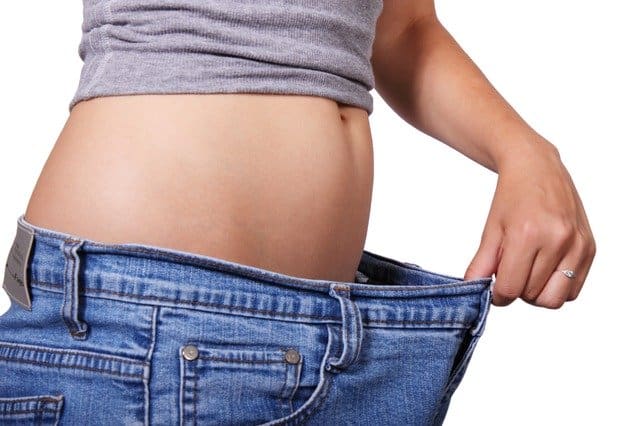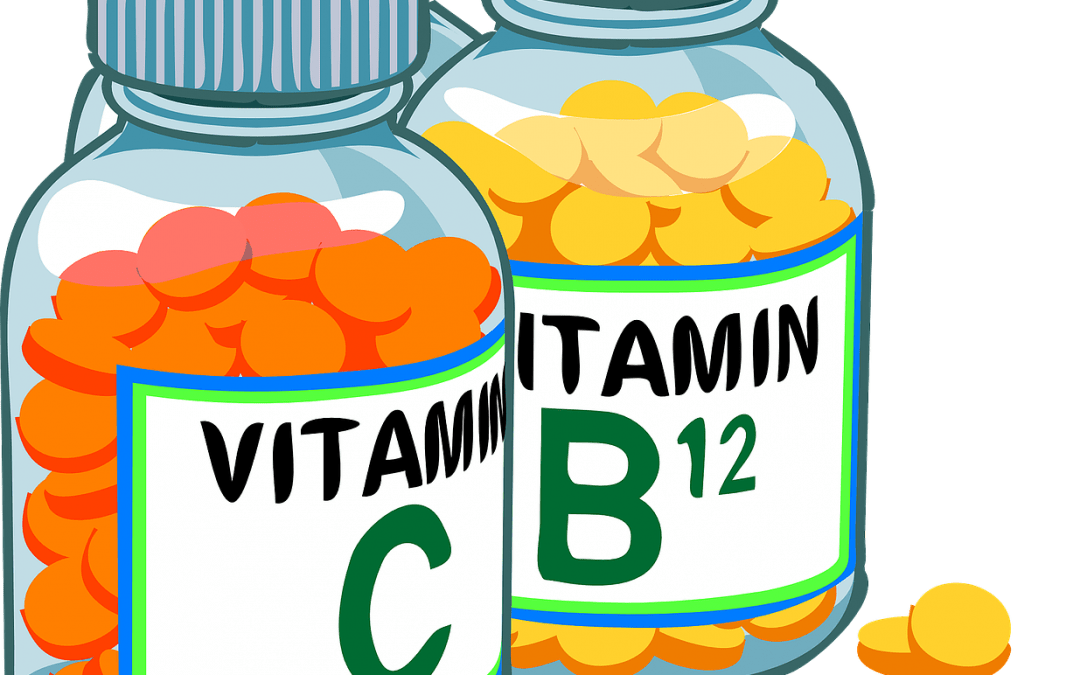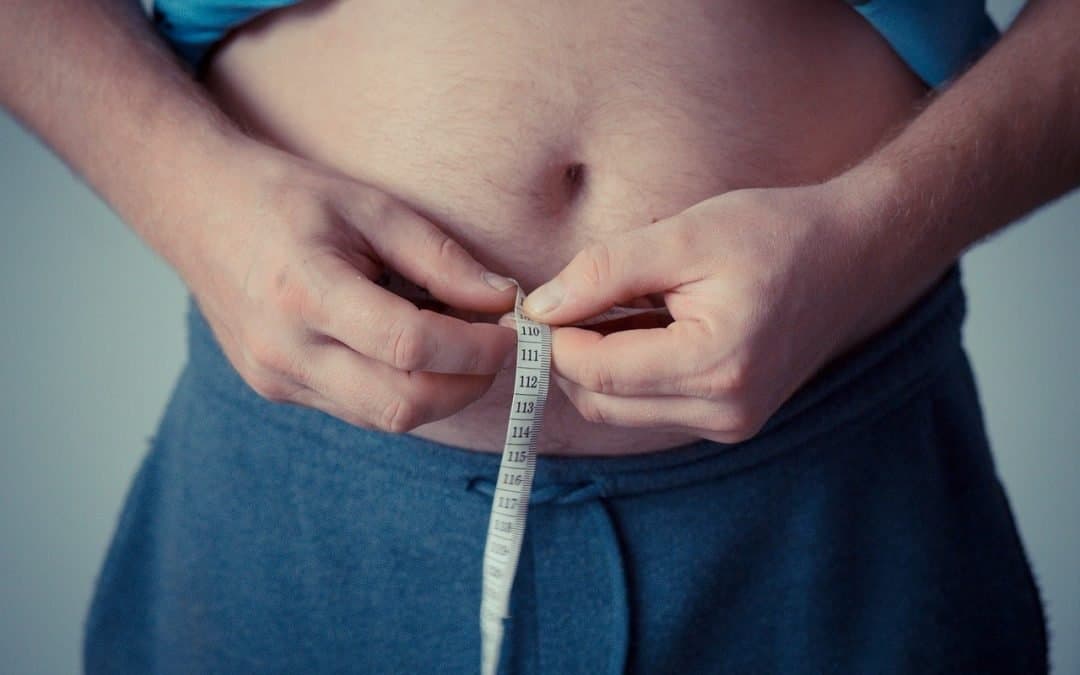Picture this scenario for a second: You are on a strict diet that makes you feel energetic and helps you shed some weight but it doesn’t make you feel hungry. Well, this is what a keto diet (short for ketogenic diet) is all about. It’s a low-carb, high-fat dieting plan that’s widely used as a weight loss plan.
But, does it make sense to consume fat that you want to lose? And why exactly should you consider this diet plan? This guide will answer these and many other questions you may have about this dieting plan.

The Keto Diet and Fat Loss
Contrary to what most people believe, cutting down on carbohydrate intake is the quickest way to lose weight and not cutting down on fat intake. A keto diet is primarily based on this principle. It works by depleting stored fats (triglycerides) and in the end, this translates to fat loss. Mark you; fat loss happens without necessarily feeling hungrier.
One study shows that a low carb diet helps to get rid of excess body water and lowers insulin. Eventually, this results in loss of body weight. Another study on obese subjects shows a remarkable weight loss result in the first week of a keto diet unlike what’s registered by conventional dieting plans. The study concludes by recommending a keto diet for obese people.
Benefits of a Keto Diet
Though the primary goal of a keto diet is to promote weight loss, it can also contribute to several other benefits. They include:
1. Appetite control – Hunger is an enemy to the body. Unless you can control your cravings, you may find yourself eating without getting satisfied. Luckily, a keto diet can help you with this. Since it’s a high-fat plan, your appetite for carbohydrates, sugars, and proteins is suppressed. Studies show that you are likely to eat less if you take more fat than carbs. So, scientifically, you can rely on a keto diet for appetite control.
2. Blood pressure regulation – High blood pressure (hypertension) is a risk factor for cardiovascular conditions, renal failure, and stroke. One way to ensure that the pressure is normalized is by observing a low-sugar diet and there’s nothing closer to this than a keto diet. Hence, you can observe the diet to regulate your blood pressure and at the same time reduce the risks that come with it rising.
3. Mental performance – A keto diet can also be used to promote brain performance. While on this diet plan, the brain doesn’t depend on dietary carbohydrates for energy. On the contrary, it’s fueled by ketones that are produced from fat metabolism.
4. Physical endurance – While glycogen (stored glucose) can provide your body with energy, it doesn’t last long. Stored fat (triglycerides), on the other hand, which are known to produce ketones can last you longer. As a result, a keto diet boosts your physical endurance. This is particularly important if you work out or do manual work.
5. Glucose regulation – A certain study shows that a keto diet can reduce the usage of blood sugar medications among diabetic individuals. As a low-carb diet, a keto diet does not translate to sharp blood sugar rise. As a result, it’s ideal for diabetic patients.
6. Heart health – A keto diet plays different roles in as far as your heart health is concerned. Research shows that that the diet can reduce bad blood cholesterol which is a leading trigger of a heart attack. It achieves this by improving good cholesterol in the blood. Also, the diet reduces triglycerides in the blood that are a risk for Heart Disease.
Ketosis and Your Hunger Hormones

Ketosis refers to a metabolic state where ketones (products of fat breakdown) are produced in the blood. It’s an immediate response to low blood sugar. Ketones affect two hunger hormones: cholecystokinin (CCK) and ghrelin. While CCK makes you feel filled, ghrelin makes you feel hungrier.
During a keto diet, your body releases CCK after eating and the hormone convinces you that you are fuller after taking portioned food. Also, the process of ketosis suppresses the production of ghrelin, the appetite hormone. Generally, you cannot think about food while on ketosis as it is CCK that takes over and not ghrelin.
Ketogenic Foods: Do’s and Don’ts
The keto diet is straightforward. Simply, you need to consume 75% healthy fats, 20% healthy proteins, and about 5% carbohydrates.
Dos (foods to take on a keto diet)
- High fats – Coconut oil, olive oil, avocado oil, butter, and nuts.
- Moderate proteins – Grass-fed meat, fish, and pasteurized eggs.
- Low carbs – Organic cabbage, celery, broccoli, cucumber, avocado, and spinach.
- Drinks – Water, unsweetened tea, and unsweetened coffee.
Don’ts (food not to take on a keto diet)
- Unhealthy fats – Mayonnaise, sunflower oil, peanut oil, and soybean oil.
- Legumes – Beans, peas, and lentils.
- High carbs – Potatoes, rice, cereals, pasta, donuts, and bread.
- Drinks – Soda, fruit juice, and alcohol (wines and beer).
- Sugars – Cakes, fruits (except berries), chocolate, candy, and ice cream.
Types of Ketogenic Diets

There are different ketogenic diets that you can follow out there but they are all meant to accomplish the same thing. Here are the popular ones:
1. Standard keto diet – A model ketogenic dieting plan that suits beginners. You are required to take 20-50g carbs and high fat every day.
2. Cyclical keto diet – Features high fat and less than 50g carbs for 6 days. On day 7, you are expected to have high carb (up to 150g). You are required to do this weekly.
3. Moderate keto diet – Requires you to take 100-150g carbs every day. But still, you can do less than 100g carbs.
4. Targeted keto diet – Resembles the standard plan, only that you take extra carbs 30 minutes before a high-intensity workout. The carbohydrate returns you to ketosis once you finish working out.
Side Effects
Though ketogenic diets are safe for most people it doesn’t mean that you can’t experience a few side effects. They are likely to occur in the first week as your body is introduced into new metabolism. The positive news is that most symptoms fade away after week one. If they don’t, then you should talk to your nutritionist.
Possible side effects include:
- Dehydration
- Diarrhea/constipation
- Muscle cramp
- Insomnia (lack of sleep)
- Keto rash (itchy reddish rashes on the neck and armpits)
- Severe weight loss following prolonged keto dieting
Closing Thought:
Every new diet plan has an impact on your health and a ketogenic plan is no exception. So, you need to consider not just its benefits and effects but also its side effects. You can use the above guide for a start and talk to your nutritionist if you are not sure about anything.





